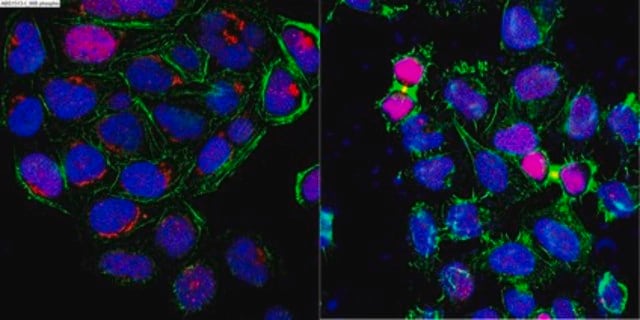F1773
Anti-CD4−FITC antibody, Mouse monoclonal
clone Q4120, purified from hybridoma cell culture
Sinónimos:
Monoclonal Anti-CD4
About This Item
Productos recomendados
biological source
mouse
conjugate
FITC conjugate
antibody form
purified immunoglobulin
antibody product type
primary antibodies
clone
Q4120, monoclonal
form
buffered aqueous solution
mol wt
antigen 59 kDa
species reactivity
human
technique(s)
flow cytometry: 10 μL using 1 × 106 cells
isotype
IgG1
UniProt accession no.
shipped in
wet ice
storage temp.
2-8°C
target post-translational modification
unmodified
Gene Information
human ... CD4(920)
¿Está buscando productos similares? Visita Guía de comparación de productos
General description
Specificity
Immunogen
Application
- identification, quantification and monitoring of helper/inducer T cells in peripheral blood, biological fluids, lymphoid organs, and other tissues
- analysis of T cell mediated cytotoxicity
- characterization of subtypes of T cell leukemias and lymphomas
- studies of T cells in health and disease
- flow cytometry
Biochem/physiol Actions
Target description
Physical form
Preparation Note
Disclaimer
Not finding the right product?
Try our Herramienta de selección de productos.
Storage Class
10 - Combustible liquids
wgk_germany
nwg
flash_point_f
Not applicable
flash_point_c
Not applicable
ppe
Eyeshields, Gloves, multi-purpose combination respirator cartridge (US)
Certificados de análisis (COA)
Busque Certificados de análisis (COA) introduciendo el número de lote del producto. Los números de lote se encuentran en la etiqueta del producto después de las palabras «Lot» o «Batch»
¿Ya tiene este producto?
Encuentre la documentación para los productos que ha comprado recientemente en la Biblioteca de documentos.
Nuestro equipo de científicos tiene experiencia en todas las áreas de investigación: Ciencias de la vida, Ciencia de los materiales, Síntesis química, Cromatografía, Analítica y muchas otras.
Póngase en contacto con el Servicio técnico





